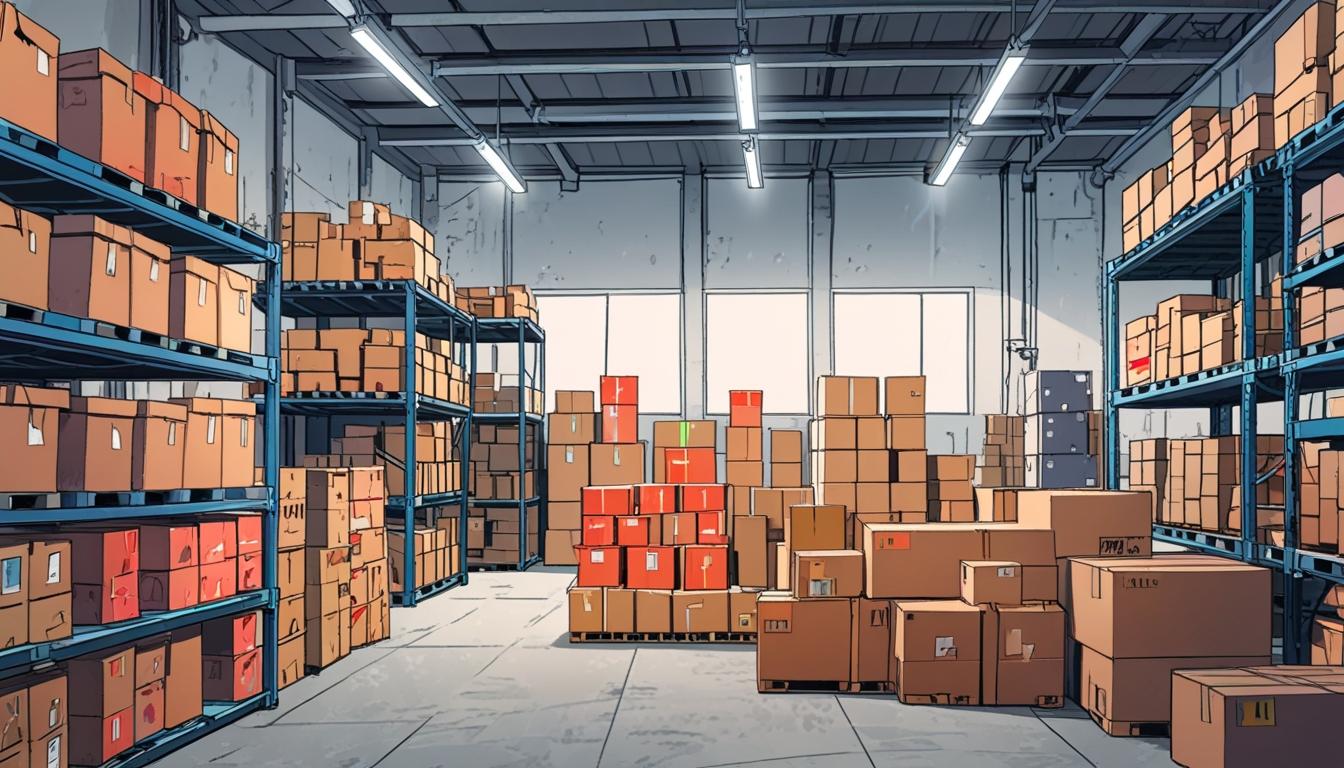Amid ongoing trade tensions and shifting tariff measures, companies across multiple sectors are carefully considering stockpiling strategies to navigate the complexities of international trade with the United States.
The uncertainty surrounding tariffs has prompted businesses in industries ranging from luxury goods and electronics to pharmaceuticals to accelerate inventory shipments in anticipation of possible additional duties. Some firms moved quickly to send goods before the tariffs announced by the former U.S. administration, originally set to begin on April 2, came into effect. Although these measures were later suspended for 90 days, leaving a residual 10% tariff on most countries except China, which continues to face higher taxation, many companies had already increased their shipments to mitigate potential impacts.
French cosmetics company Clarins was among those taking a proactive approach. Lionel Uzan, president of Clarins North America, told FashionNetwork USA that the company stockpiled approximately $2 million worth of products, equating to a three-month inventory, all manufactured in France. "Since all our products are made in France, it's not a model that's easily replicated," he said.
This pattern is evident in other sectors as well. Swiss watch exports to the United States, a primary market for these luxury timepieces, rose by nearly 14% in March compared to the same month the previous year. The pharmaceutical sector also highlights this trend markedly. Ireland, home to numerous multinational pharmaceutical companies, saw its exports to the United States surge by 210% in February, reaching nearly €13 billion, with chemical and pharmaceutical products making up about 90% of this volume.
French furniture manufacturer Fermob, which generates roughly 10% of its annual revenue from the U.S. market, began preparing months in advance after the results of the U.S. presidential election. Baptiste Reybier, managing director of Fermob, explained that preparations intensified in January and February, resulting in sending approximately 30% more inventory to the United States. "We started planning as early as the fall to ramp up production," he said.
Freight activities also reflect these strategic adjustments. Lufthansa Cargo reported increased demand for shipments to the United States, noting that the trade war induced companies to accelerate various supply chain stages. The rise in freight volumes included car shipments from Europe to the U.S. Additionally, stockpiling extends beyond imports to American markets. Japanese publication Nikkei has reported that major Chinese technology firms have amassed billions of dollars worth of AI chips from U.S. chipmaker Nvidia, anticipating new export restrictions from Washington.
Despite its perceived advantages, stockpiling carries notable risks. Matt Jochim, a partner at consulting firm AlixPartners, described the approach as "very opportunistic" and short-term. One major concern is the rapid obsolescence of goods, particularly in the electronics sector where technology advances quickly. "It's better to avoid stockpiling outdated chips or devices," Jochim advised. He also highlighted the ongoing uncertainty, with tariffs and trade regimes subject to frequent changes.
Fermob’s experience underscores a cautious stance toward inventory accumulation. "Otherwise, you're just swapping one risk for another," Reybier noted. He pointed out that stockpiling ties up financial resources and carries the risk of sending unsuitable products. However, having an established local subsidiary, office, and warehouses eased the process for Fermob. Reybier concluded, "It's too early to tell whether we should have sent even more."
As companies continue to weigh their stockpiling decisions amid fluctuating trade policies, the balance between safeguarding supply chains and managing financial and product risks remains a critical challenge.
Source: Noah Wire Services
